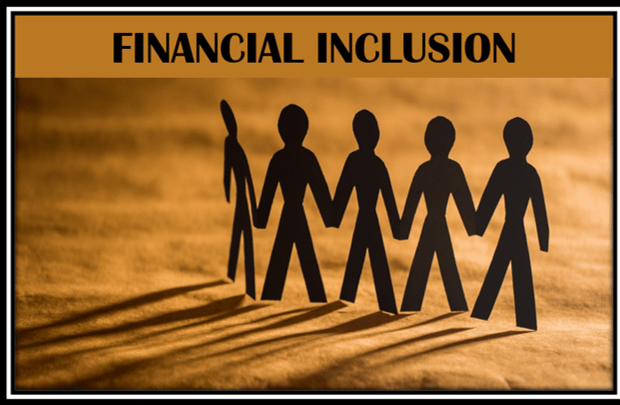THE IMPORTANCE OF THE FINANCIAL INCLUSION-SHADOWS AND OPPORTUNITIES
By Arturo Alejandro Canseco,
Legal & fintech associate at Ramos Ripoll Schuster firm
Payments – Fintech Foreign Advisor at Etisalat, Mexico
“The future is today, technological advancements have led to step changes in innovation, with payments becoming faster, on both a local and global scale, easier and more convenient”. Arturo Canseco
The global payments ecosystem is constantly evolving into a complex global network who is facing the pandemic caused by Covid-19. As new Fintech startups, disrupt the way we move money around the world, businesses of all sizes need to keep informed about the changing payments landscape, these new business models help in a certain measure to face the financial inclusion but What is and What will happen if we don’t have it? I couldn’t imagine a world without financial inclusion, that will be a terrible mistake.
What is Financial Inclusion?
According to WEF & Business Standard Financial inclusion is is a method of offering banking and financial services to individuals. It aims to include everybody in society by giving them basic financial services regardless of their income or savings. It focuses on providing financial solutions to the economically underprivileged, in other words Financial inclusion means that individuals and businesses have access to useful and affordable financial products and services that meet their needs.
The term is broadly used to describe the provision of savings and loan services to the poor in an inexpensive and easy-to-use form. It aims to ensure that the poor and marginalised make the best use of their money and attain financial education. With advances in financial technology and digital transactions, more and more startups are now making financial inclusion simpler to achieve, transactions, payments, savings, credit and insurance – delivered in a responsible and sustainable way.
What will happen without Financial Inclusion?
There are many barriers to financial inclusion, the first of which is extreme poverty. People with little to no money have little to no need for financial services.
Some problems would come from of the lack of financial inclusion as:
Globally, 1.7 billion adults are unbanked today[1], they do not have an account at a financial institution or via mobile money. This represents 31% of all adults globally.
- Don’t have a secure place to save money;
- Don’t have access to small loans or credit lines and can fall prey to unscrupulous lenders;
- Can’t build a credit record;
- Have no way to receive money—including customer payments or remittances from relatives working abroad;
- Have no safe, reliable and easy way to make payments, such as to suppliers, schools or doctors.
- People are unaware of traditional sources of credit with more favorable conditions and end up paying for financial products and services with high interest rates.
- People are unaware of traditional sources of credit with more favorable conditions and end up paying for financial products and services with high interest rates.
The above is summarized in the fact that people are unable to face economic contingencies.
In 2019 that number was 2.3 billion because account ownership is nearly universal in high-income economies, virtually all unbanked adults live in developing economies.The lack of nearby financial institution offices and high minimum balance or opening account balance requirements provide further barriers to financial inclusion.
Finally, many poor and low-income individuals lack the knowledge of how to avail themselves of, or use, financial services.
Why Financial Inclusion matters?
Technology is helping to realize the vision of creating tailored financial products and services for vulnerable consumers. Emerging technologies are empowering financial institutions to go the extra mile and serve the underserved market. Increasing access to finance and doing it in a manner that protects this segment of society is coming closer to reality with each passing day.
For its part, the financial industry is continually coming up with new ways to provide products and services to the global population, and often turn a profit in the process. The increasing use of financial technology or fintech companies, for example, has provided innovative tools to address the problem of inaccessibility to financial services and devised new ways for individuals and organizations to obtain the services they need at reasonable costs.
As we accelerate into the digital age, it is critical for us to get financial inclusion right. The last century has seen global trade fuel dramatic GDP growth and remarkable improvements in life expectancy, literacy, and democracy around the world. Although it is not without some shortcomings and challenges, this system of global trade and financial intermediation is the most successful system we have developed to improve human living standards. Connecting people to capital matters. Helping individuals take advantage of economic opportunities matters. Ensuring that as many people around the world are connected to our global economy and its benefits matters.
Resources:
https://www.centerforfinancialinclusion.org/financial-inclusion-glossary
https://www.worldbank.org/en/topic/financialinclusion/overview
[1] World Bank Global Findex Database, 2017
- METAVERSE - February 4, 2022
- Banking as a Service and BaaP - May 19, 2021
- The Tokenomics phenomenon - April 19, 2021


Stay connected